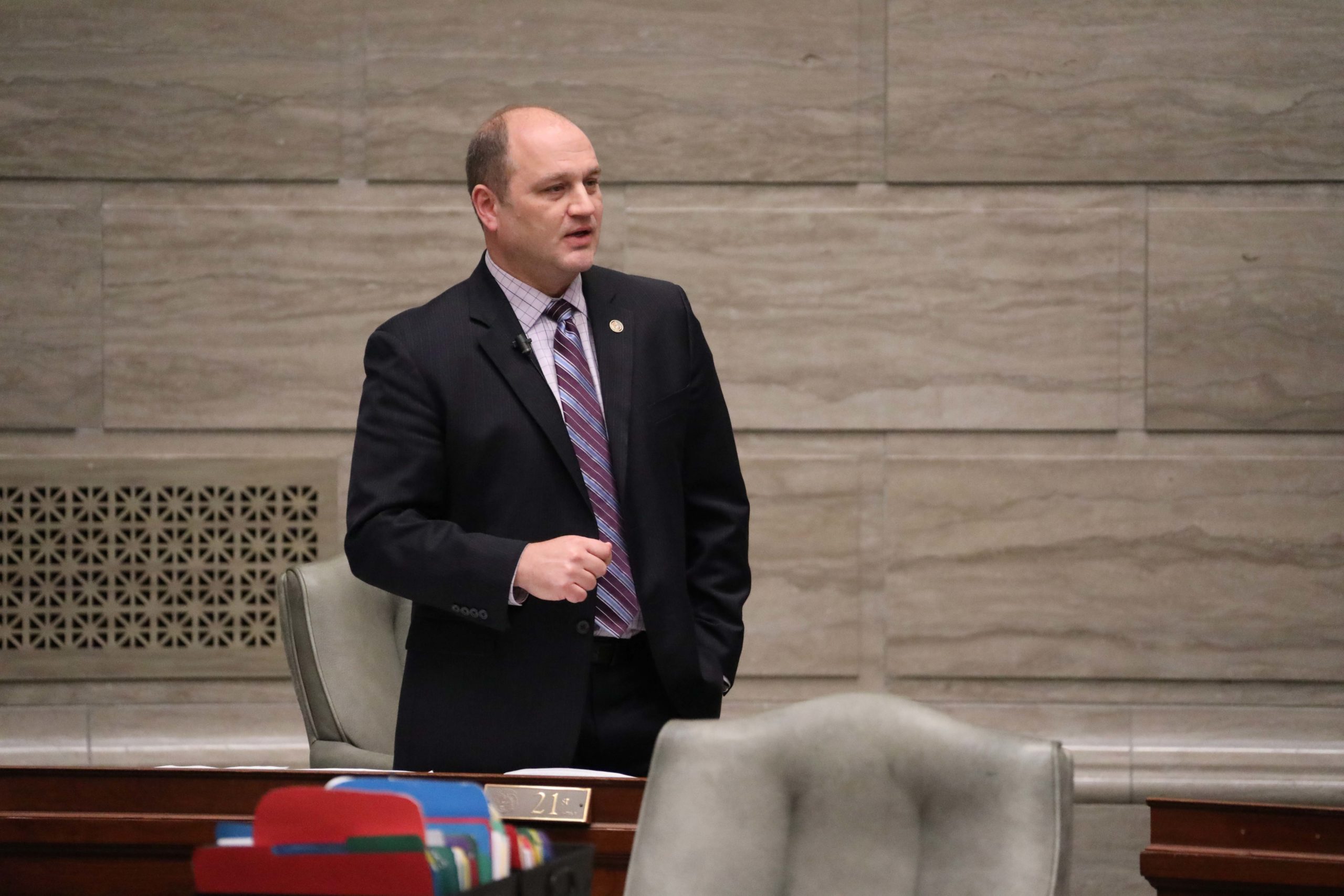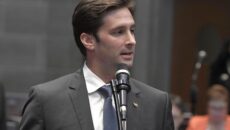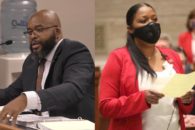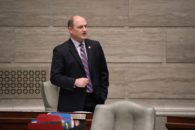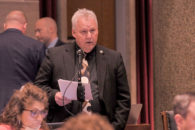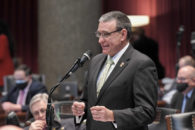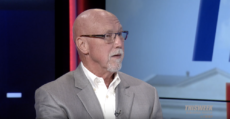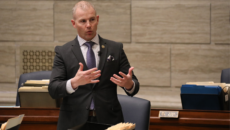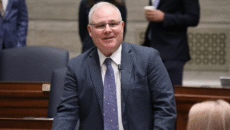As elected officials vacate Jefferson City and return to their families and jobs, The Missouri Times is bringing you updates on initiatives that didn’t quite make it through this year’s shortened session. The “Next Steps” series will showcase progress made on certain legislative issues and take a look ahead at what could come next.
As Missouri deals with the financial impact of COVID-19, the state’s education and workforce development departments have seen considerable withholds and cuts. With the economy attempting to recover and federal funds going toward supplementing budgetary shortfalls, a bill that didn’t pass the finish line this session would create new tax revenue for education funding, proponents have stressed.
SB 566, sponsored by Sen. Denny Hoskins, would have established the Missouri Video Lottery Control Act, which would legalize and control video lottery terminals (VLTs) in Missouri. Hoskins said it would be another funding source for schools and veterans’ facilities.
“The Video Lottery Control Act would provide more money for education by legalizing video lottery terminals in fraternal and veteran organizations, truck stops, and possibly bars and restaurants,” Hoskins told The Missouri Times. “You see a lot of these machines that are currently unregulated. There are a lot of these video lottery machines that are at truck stops, bars, and restaurants, and if we began regulating them we could see an increase in funds without needing to raise taxes.”
Hoskins’ bill would allow the State Lottery Commission to issue licenses for video lottery terminals to manufacturers, distributors, retailers, and businesses. In addition to standard licensing fees, the commission would charge an additional $200 annual fee for each gaming terminal.
Licenses would be granted to fraternal and veterans’ organizations and truck stops, as well as bars and other establishments allowed to sell liquor. VLTs would be connected to a computer system regulated by the commission, with wagers not to exceed $100 and winnings capped at $1,000.
Vendors would be required to make sure users were above the age of 21 or face a $5,000 fine or license suspension. The bill would also allow vendors to collect fees when accepting debit cards or other forms of electronic payment for the sale of lottery plays.
Hoskins said while small businesses had supported the bill, Missouri’s casinos had come out in opposition since he first introduced the bill in 2017.
“The casino industry has been the biggest hurdle,” Hoskins said. “There are 13 casinos in the state of Missouri and none of those towns that have a casino want that competition from small businesses that could include these machines and participate in the same type of activities they operate. That has been the biggest hurdle to overcome, but we have plenty of small businesses located in other counties and cities across Missouri that would like to participate and have VLTs in their businesses.”
In addition, other Republicans have shied away from supporting legalizing VLTs because they do not condone the “spread of gambling” in Missouri. Others have expressed concern about a store or organization’s ability to regulate the games and ensure minors aren’t using them.
The bill made it to through a hearing in both the Senate Appropriations Committee and the House Budget Committee this year before session went on hiatus due to COVID-19. Hoskins said the recent budgetary fallout of the pandemic is another reason to push the bill forward next year.
“Unfortunately, the governor had to withhold funds for education as well as several other services this year because we have to have a balanced budget in Missouri,” he said. “The Video Lottery Control Act, depending on how many machines could be in each one of those different facilities as well as the types of facilities they can be in, could generate millions of dollars in revenue, which would go towards education and veteran’s services.”
Under the act — in its 2020 language — the total proceeds of video game lottery ticket sales would go towards transportation costs for primary and secondary education, as well as workforce development programs for institutions of higher learning. And 36 percent of video lottery game gross receipts would go to the commission, which would compensate for the administrative costs of a community where a video gaming lottery machine operates up to 4 percent of the games’ gross receipts.
The rest of the revenue collected from video gaming machines would go to the owners and operators.
Hoskins said that he hopes to pass the bill during the upcoming legislative session to make up for funding shortfalls over the past few months.
“I’m hopeful that we can pass a version of the VLT piece this next session in order to help fund education and veterans’ programs,” he said. “In these tight budget times when the governor is having to withhold these funds, this would provide new revenue to support our schools without a tax increase.”
EDITOR’S NOTE: For up-to-date information on coronavirus, check with the CDC and DHSS.

